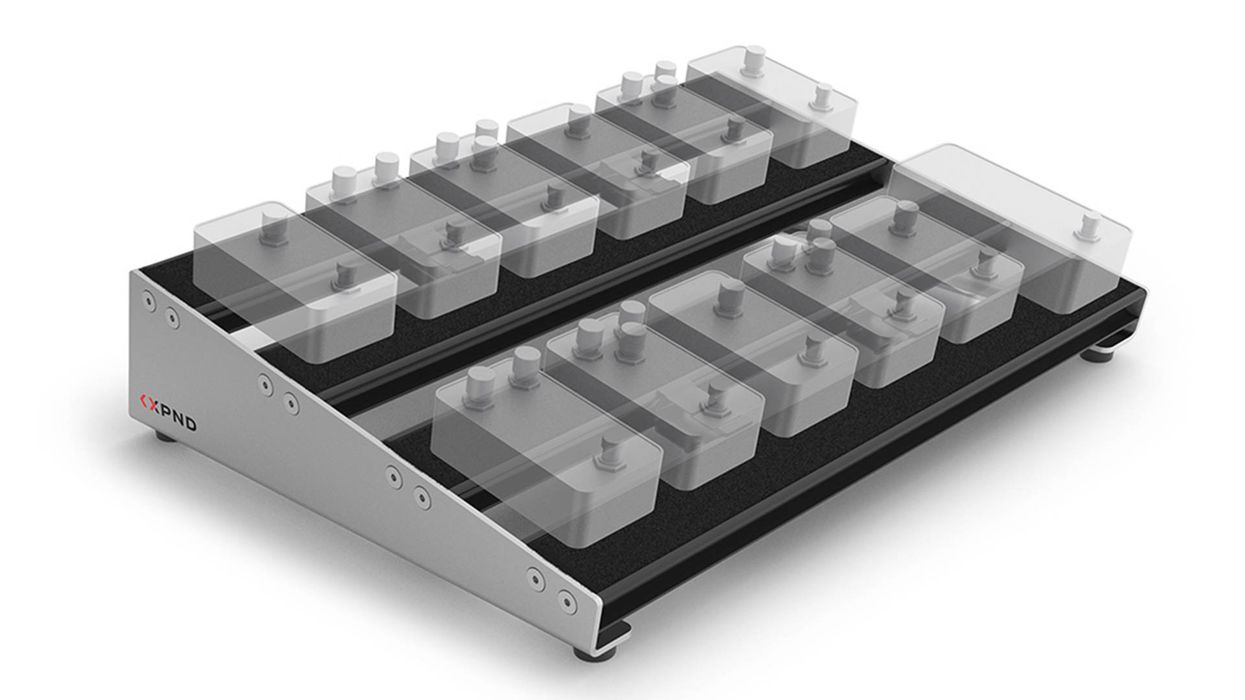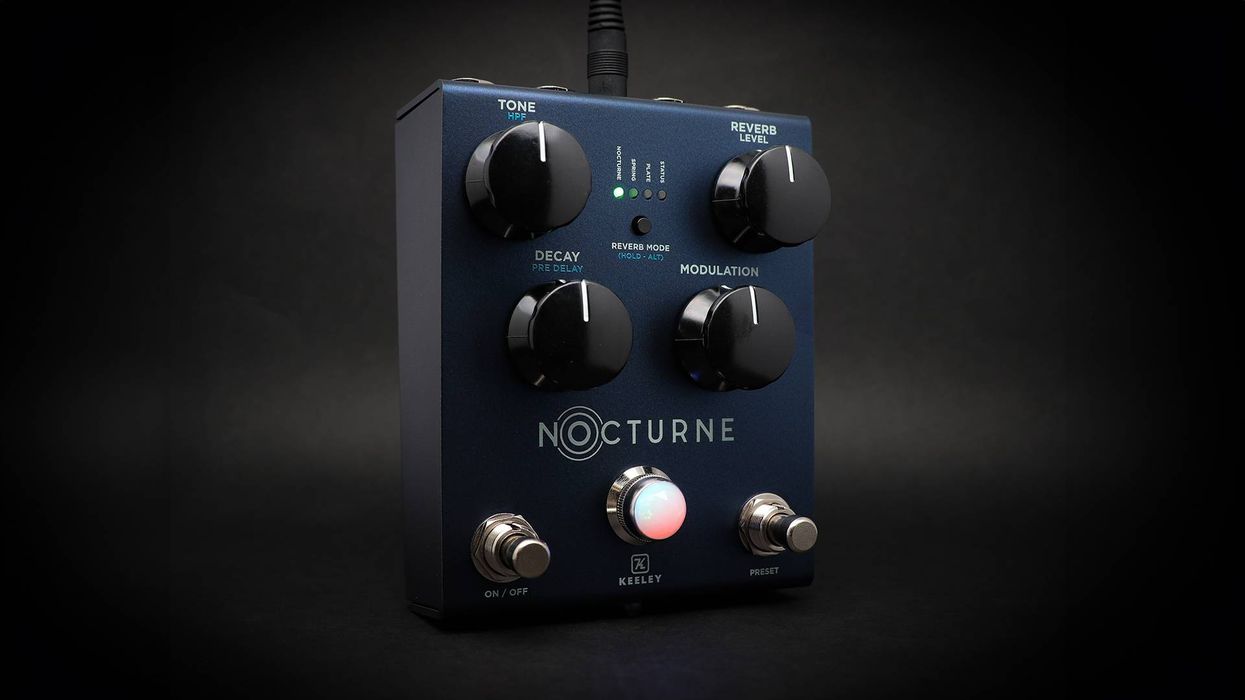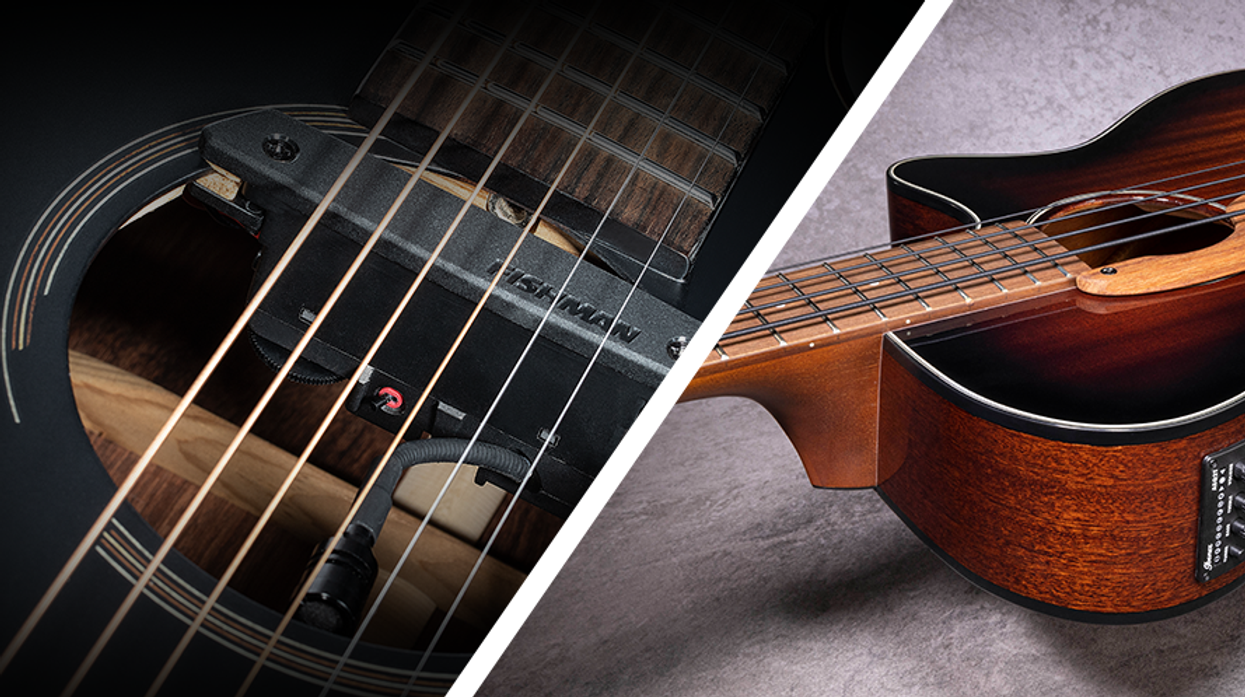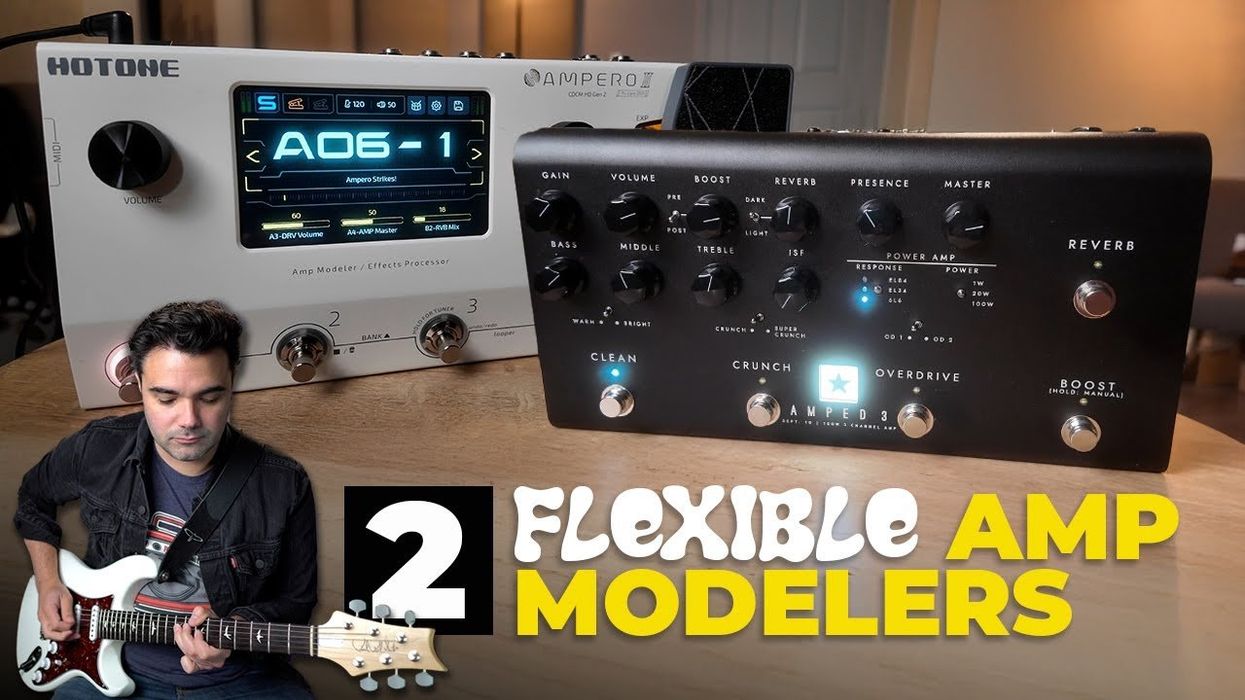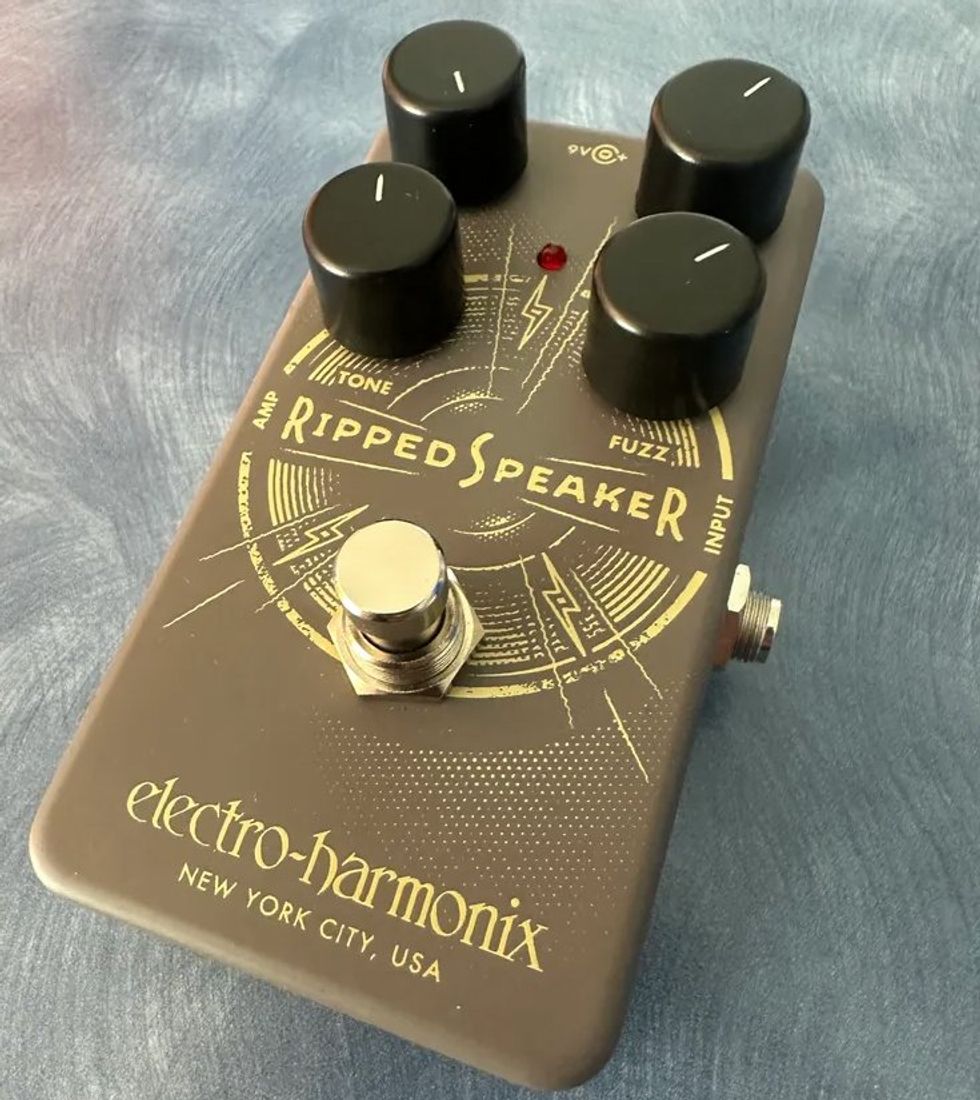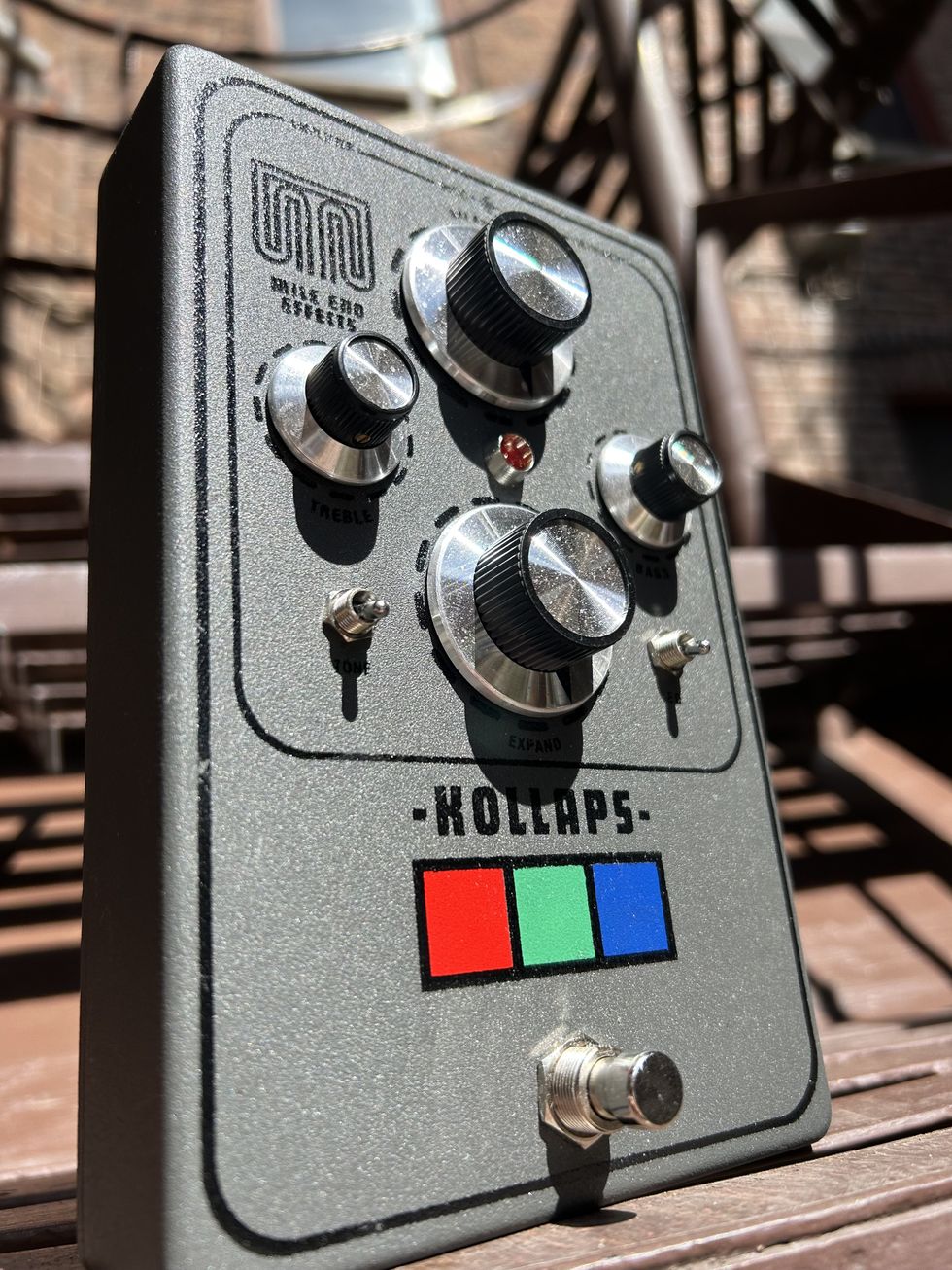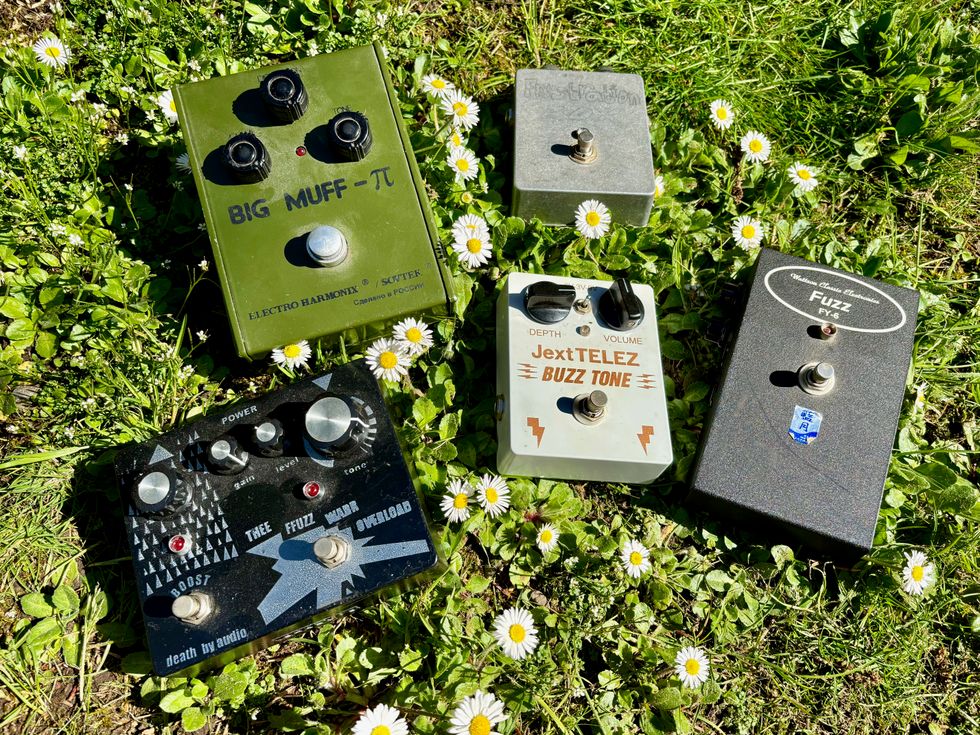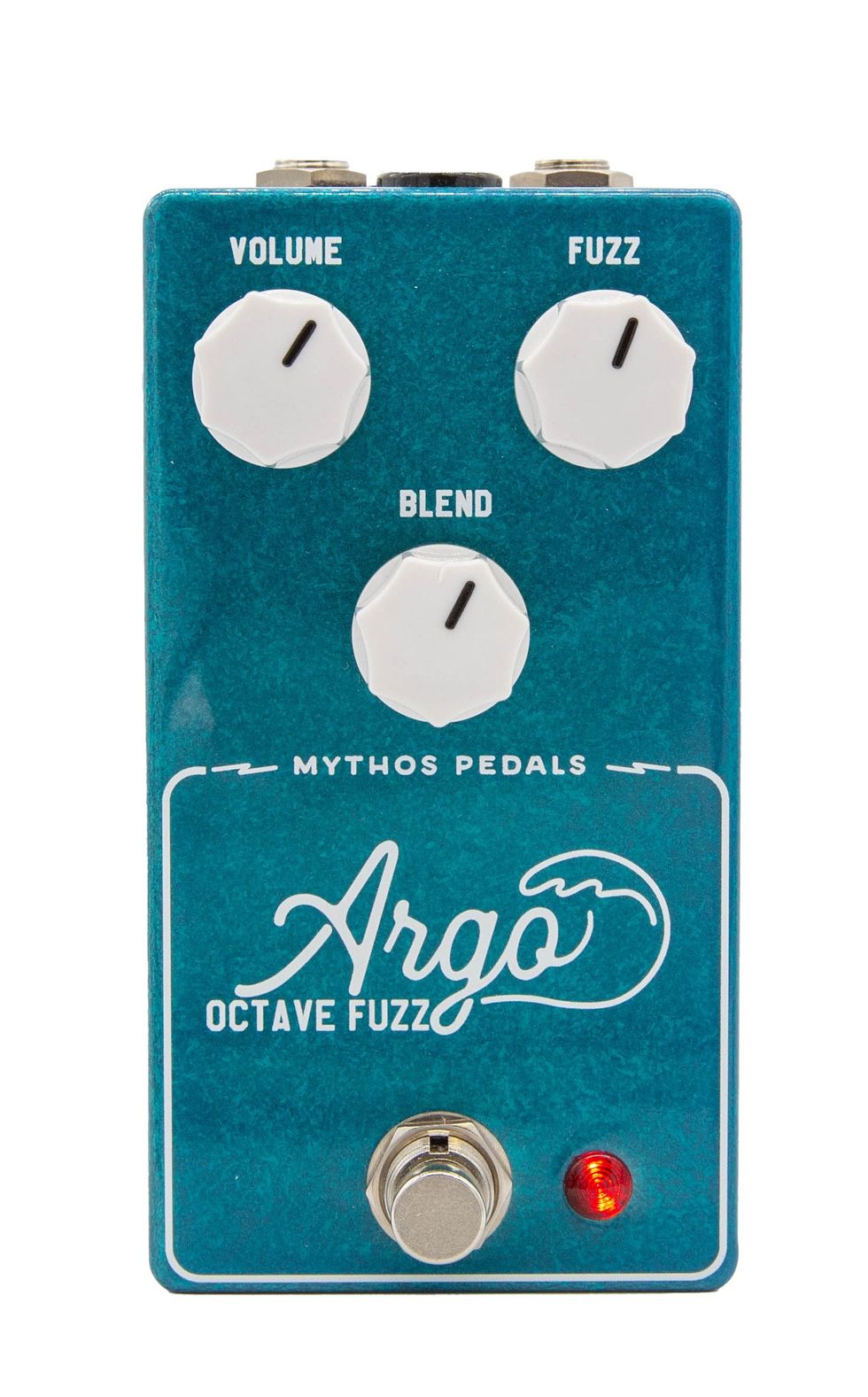Asheville, NC (October 8, 2013) -- Moog Music Inc. today announced the launch of the Minifooger Analog Effects family – a series of compact - easy to use stomp boxes designed primarily for use with electric guitar and bass. Each Minifooger is housed in a rugged cast aluminum enclosure and features a 100% analog signal path, true bypass design, optional battery power, and a single expression pedal input providing hands-free control of one specified parameter within each unit.
“We have been working on designs for a line of highly engineered analog effects pedals that are affordable, compact, and easy to use for some time. We are extremely pleased with the outcome and hope that guitar and bass players are too,” said Mike Adams, President of Moog Music.
Each Minifooger’s user interface is centered on musicality and the ability to create new effects quickly. There is also a dedicated expression pedal input that provides control over a function and allows the player to go beyond the panel settings to explore wild, and experimental sounds. This input can also be controlled via CV.
“We want people to approach these pedals from an aural standpoint. The sonic capabili-ties of Minifoogers are extensive, but they are also easy to use. You can just close your eyes, turn knobs, and create modern, vintage, or other worldly sounds,” said Cyril Lance, Chief Engineer Moog Music.
Moog is launching The Minifooger Analog Effects family with 5 compact stomp boxes – the MF Drive, MF Boost, MF Delay, MF Ring, and MF Trem. Each pedal is 100% analog, designed and hand assembled in Moog’s factory in Asheville, North Carolina and carries a US street price below $200. Moog is debuting two videos today featuring artists experimenting with the Minifoogers: Troy Van Leeuwen, guitarist for the band Queens of The Stone Age takes a more classic approach; and Xander Singh and Ian Hultquist of Passion Pit explore the other worldly side of the Minifoogers.
The MF Drive is a filter-based overdrive pedal employing a Moog Ladder Filter, boutique FET amplifiers, and OTAs in its drive section making it highly reactive to picking dynam-ics. The panel features a bi-polar tone control and sweepable filter that work dynamically with input gain to offer each player unique and customizable sounds that retain the core timbre of their instrument. A filter Peak switch shifts harmonic content to the filter’s cutoff position, adding new tonal creation and dirty wah performance possibilities not found in other drive pedals. MSRP: $179.
The MF Boost is a selectable topology boost pedal that allows the player to switch be-tween an “articulate VCA” signal path and a “colored OTA” signal path. Each is tailored to deliver boutique amplifier sound and responsiveness from any guitar/amplifier combina-tion. The design also imparts natural compression to an input signal, which brings out note articulation and significantly increases the performance of other effects pedals. When paired with an expression pedal, the MF Boost can be used as a tone enhancing volume pedal, sweepable-gain boost pedal, and VCA. The expression pedal input also provides access to higher gain values not available on the panel. MSRP: $149
The MF Delay features 35mS-700mS of completely analog delay time. At shorter set-tings, repeats are fast and bright for creating classic slap-back and plate sounds. At me-dium and long settings the repeats become darker and naturally trail into reverb-like state. A Drive circuit allows the player to adjust the tone and feel of the MF Delay as well as overdrive the Bucket Brigade Delay line, and the input of a guitar amplifier for bigger sound and feel. Also, the expression pedal input is switchable between feedback for ex-pressive swells and delay time for tape delay and chorus/flange effects. MSRP: $209.
The MF Ring is an analog ring modulator that is based on the world’s best selling Ring Mod, the Moogerfooger MF-102. Its refined frequency range and tone voicing circuit add new-musical elements to ring modification, making it easy to dial in everything from oc-taves and choral dissonance to harmonic undertones and synthesized lead lines. The expression pedal input provides hands-free control of the Freq parameter for sound sweeps, pitch shifting effects, and playing between two scales on the fly. MSRP: $159
The MF Trem is an analog tremolo pedal designed around a balanced modulator and Sub Audio VCO. This design creates a wide range of effects that are based on phase cancellation and addition. Players can create classic optical tremolo, hard tremolo, rotary effects and more that react dynamically to harmonic content. A variable Shape control interacts with Tone and Mix to craft subtle swells and gallops to rhythmic percussive, and swirling effects. When pushed, the MF Trem can also approach the beginnings of phas-ing and chorus. The expression pedal input adds control of the Speed parameter for hands-free swells and rotary effects. MSRP: $189
Minifooger Analog Effects Pedals are available for preorder from all authorized Moog dealers now. Moog Music will begin shipping the first units from their Asheville factory in October, 2013.
Watch the company's video demo:
For more information:
Moog



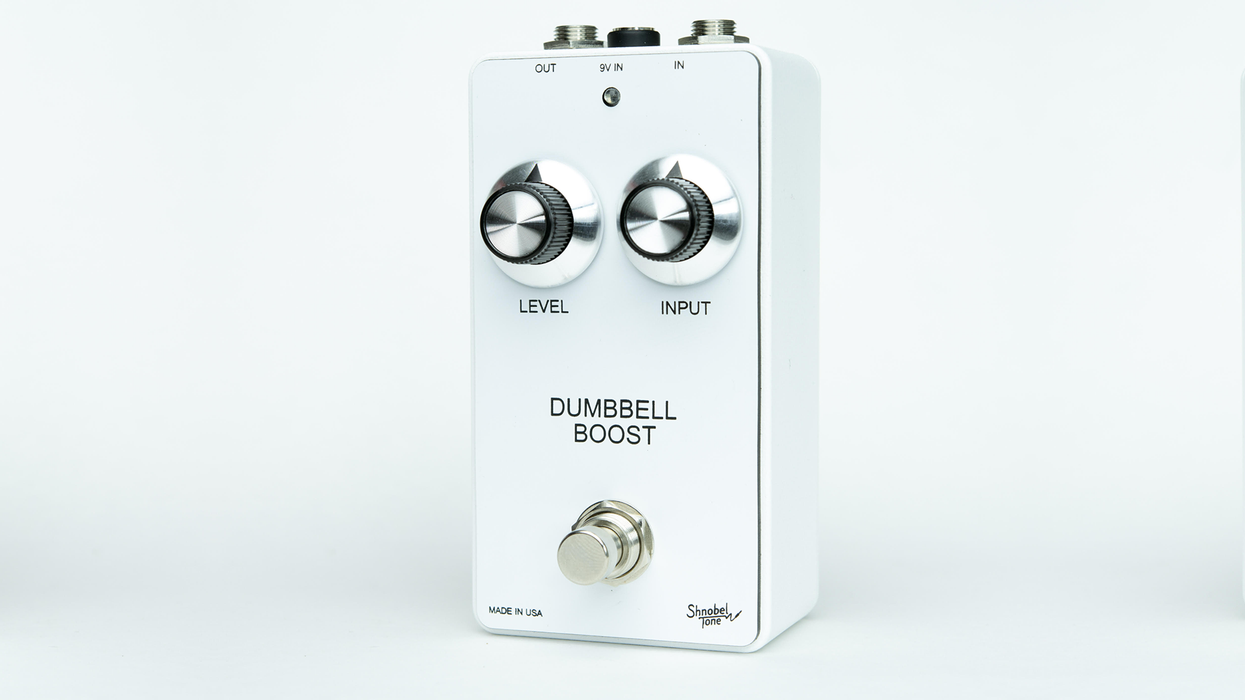
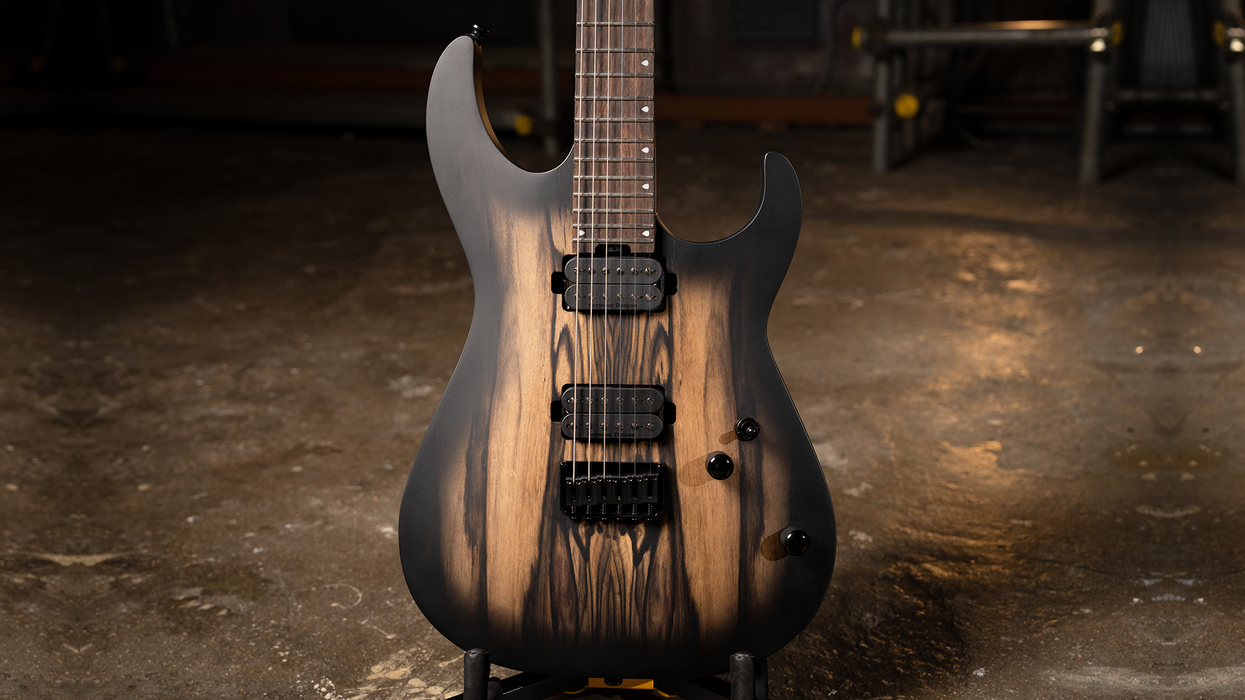
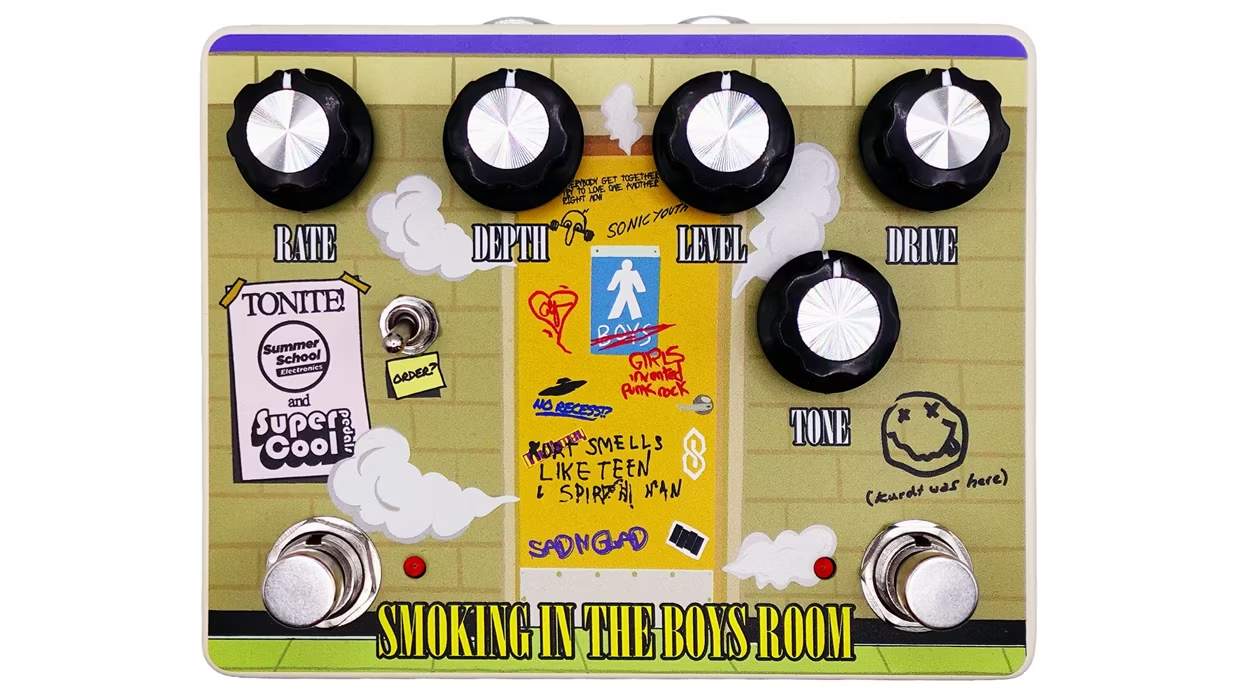

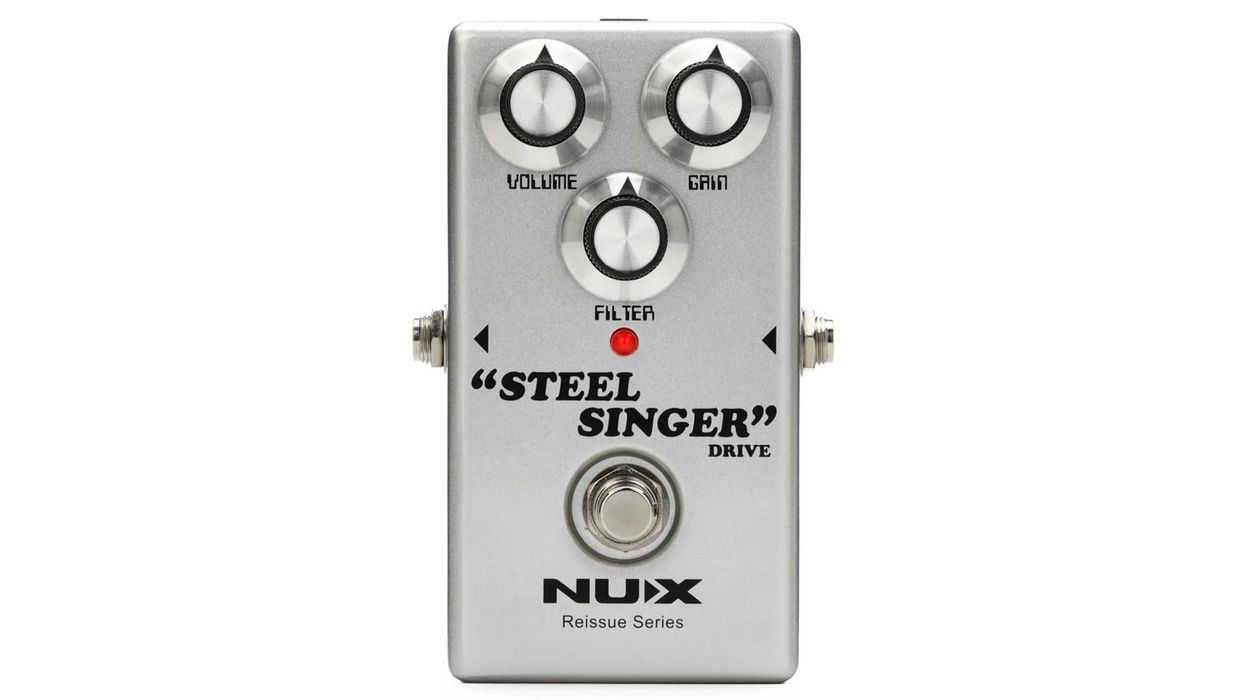
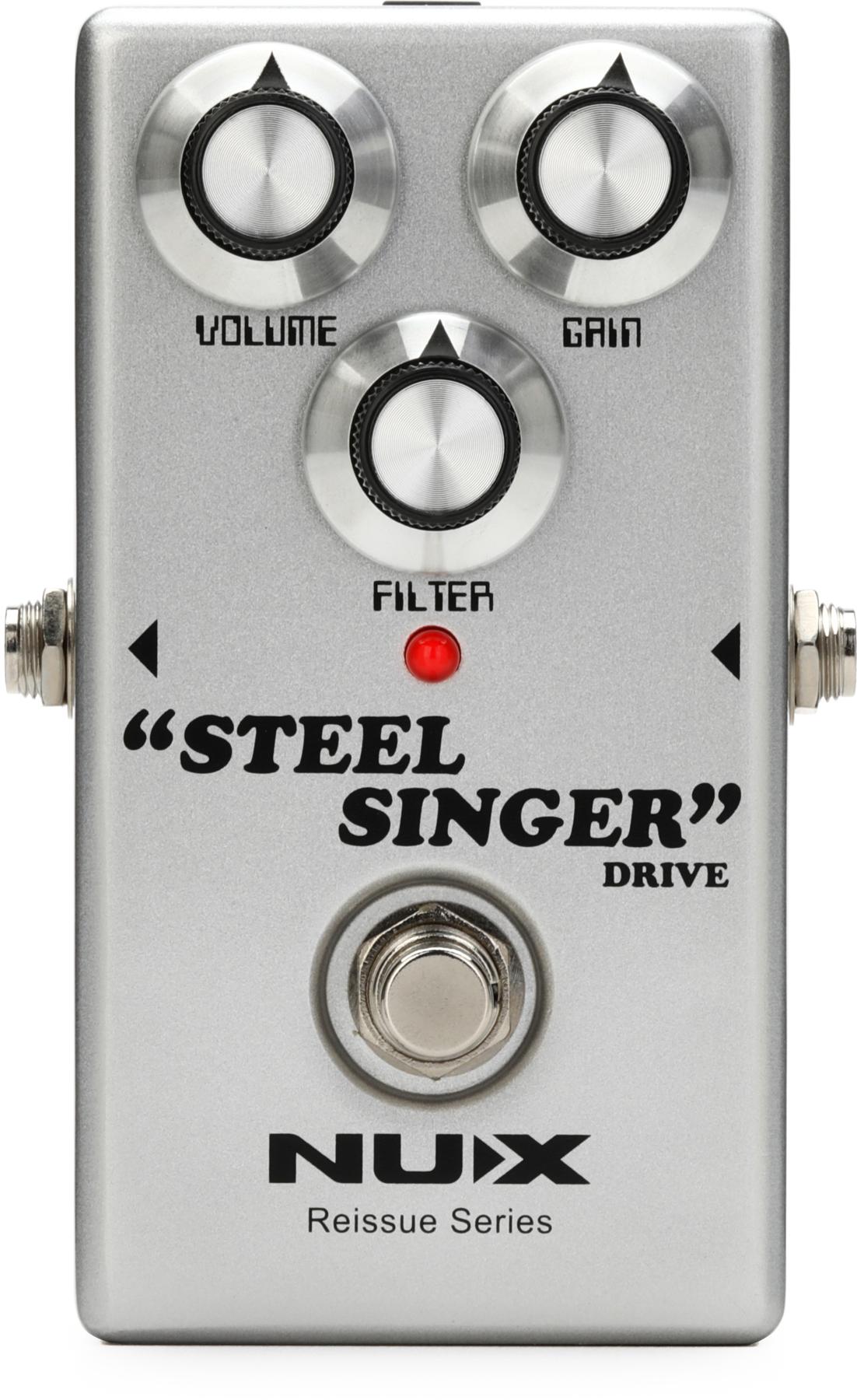


![Rig Rundown: Russian Circles’ Mike Sullivan [2025]](https://www.premierguitar.com/media-library/youtube.jpg?id=62303631&width=1245&height=700&quality=70&coordinates=0%2C0%2C0%2C0)
